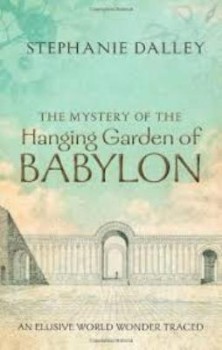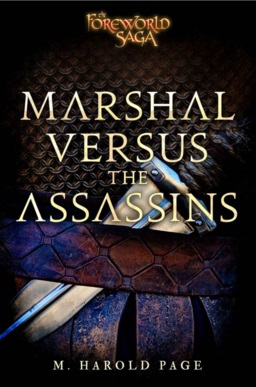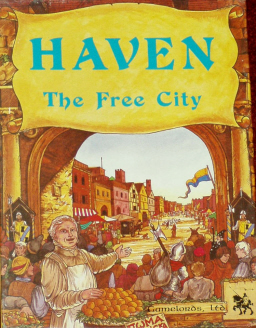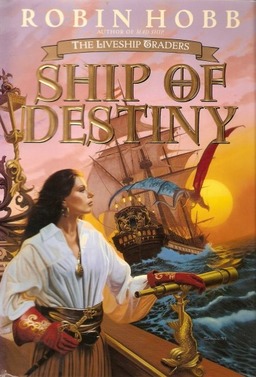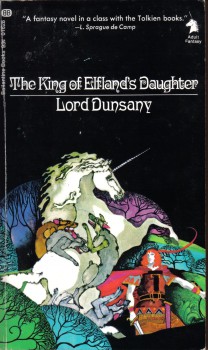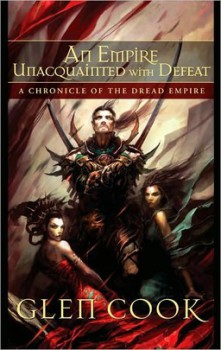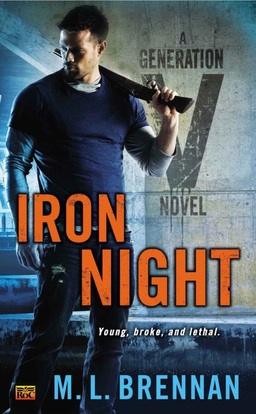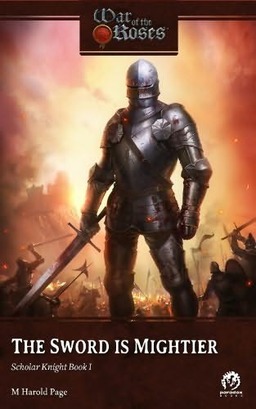Goth Chick News: The Kids Who Put You Off Kids – Where Are They Now?

By this time, it’s no surprise to any of you that The Shining is one film I just can’t get enough of. I like the source material of course, but the movie version never gets old and I can say that with some authority, having seen it about a gazillion times (and written about it here a fair amount as well).
Back in 2010, inspired by a then-recent documentary on the Stanley Hotel (the real Overlook) I did some of my best ever cyber-stalking on a quest to find little Danny Torrance; or really the 38 year-old Danny Lloyd he is today.
Back then, I did manage to track down “Professor Lloyd” at the university in Kentucky where he now teaches, only to be entirely ignored. Not surprising, considering his students posted comments about the verbal smack down you’re likely to receive if you ever brought up the good professor’s past life.
But you know what? A little taste of fame, no matter how brief or how long ago, will inevitably leave you craving more at some point in the future. And apparently that future for Danny Lloyd was the publishing of King’s Shining sequel Doctor Sleep.
